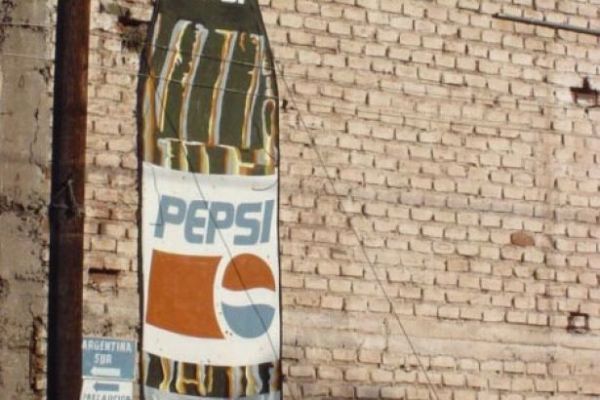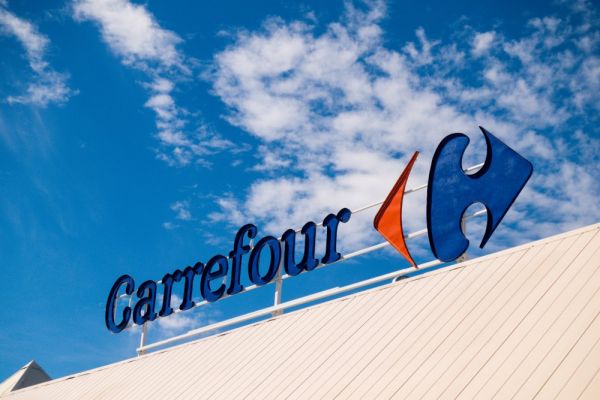When PepsiCo Inc. and Yum! Brands Inc. report their earnings on Tuesday, investors may further regret the soda maker’s decision to spin off the restaurant chain 18 years ago.
Yum is expected to post a 17 percent increase in net income, helped by rebounding demand in China. Profit at PepsiCo, meanwhile, slid about 6 percent, analysts estimate. Though the company gets much of its revenue from snacks, declining soda consumption in the U.S. is taking a bite out of sales.
The two stocks have charted very different courses since PepsiCo spin off Yum in 1997. Shares of the restaurant company, which owns Taco Bell, KFC and Pizza Hut, have surged more than 10-fold since the split. PepsiCo’s stock has little more than doubled over that time.
The overseas footprint of the two companies tells much of the story. Yum has had success over the past two decades by taking its KFC and Pizza Hut chains to more than 125 countries, including China, where sales have been fueled by the nation’s growing middle class. PepsiCo, on the other hand, hasn’t made as many inroads.
“Their performance has been OK, but it hasn’t been as great as what we’ve seen with Yum,” said Jack Russo, an analyst at Edward Jones in St. Louis.
While KFC and Pizza Hut have recently struggled in China due to avian flu and a supplier investigation, analysts estimate that Yum’s revenue jumped about 9 percent to $3.67 billion in the third quarter. That would be the biggest gain in more than a year. PepsiCo’s sales declined about 6 percent to $16.2 billion, according to the average of analysts’ estimates compiled by Bloomberg.
PepsiCo, based in Purchase, New York, bought Pizza Hut in 1977 and snapped up Taco Bell the next year. It acquired the KFC fried-chicken chain in 1986 and spun off all three to become Tricon Global Restaurants Inc. in 1997. Five years later, Tricon became Yum Brands, now based in Louisville, Kentucky.
Despite the divergence of the two stocks, PepsiCo had valid reasons for spinning off what is now Yum, said Bloomberg Intelligence analyst Ken Shea.
“The restaurant business of Pepsi was more volatile than the rest of the business - it was more capital-intensive, harder to predict,” he said. “It didn’t really fit into its wheelhouse, and it was more of a complication.”
News by Bloomberg, edited by ESM. To subscribe to ESM: The European Supermarket Magazine, click here.














